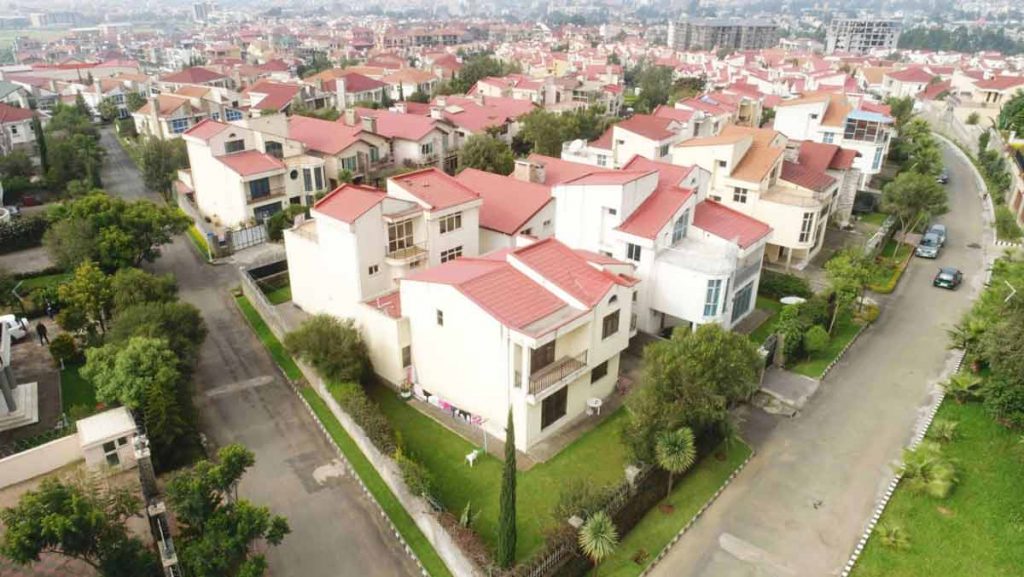Investing in real estate can be beneficial in Ethiopia, especially in major cities like Addis Ababa, where there is a growing demand for housing and commercial spaces due to urbanization and population growth.
Some of the benefits of investing in real estate in Ethiopia
1. Appreciation of property value
As demand for housing and commercial spaces continues to rise, property values in Ethiopia are expected to increase in the long term, providing an opportunity for investors to earn capital gains.
2. Rental income
Investors can generate rental income from their real estate investments, particularly in areas with high demand for housing or commercial spaces.
3. Diversification
Real estate investments can provide diversification to an investor’s portfolio, which can help reduce risk.
4. Hedge against inflation
Real estate investments can be a hedge against inflation, as rental income and property values tend to increase with inflation.
5. Government support
The Ethiopian government has implemented policies and initiatives to support the real estate sector, such as the Integrated Housing Development Program, which provides subsidies and incentives for real estate developers.
But like any investment, it carries risks and requires careful consideration. Here are some factors to keep in mind:
1. Demand
The demand for real estate in Ethiopia has been increasing in recent years, especially in the urban centers such as Addis Ababa. The government’s focus on infrastructure development and urbanization has also contributed to the growth of the real estate market. However, it’s important to note that demand can fluctuate depending on various economic and political factors.
2. Rental income
Real estate can provide a steady source of rental income, especially for well-located and well-maintained properties. However,rental income can also be affected by vacancy rates, tenant turnover, and market competition.
3. Capital appreciation
Real estate can appreciate in value over time, providing a potential source of capital gains for investors. However, it’s important to note that property values can also fluctuate depending on various factors such as supply and demand, interest rates, and government policies.
4. Financing
Access to financing can be a challenge for real estate investors in Ethiopia, especially for foreign investors. Interest rates can also be relatively high, which can affect the profitability of real estate investments.
5. Legal and regulatory environment
Ethiopia’s legal and regulatory environment can be complex and unpredictable. Investors should seek professional advice and ensure that they are complying with all relevant laws and regulations.

In summary, investing in real estate in Ethiopia can be beneficial, but it’s important to carefully evaluate the risks and opportunities before making any investment decisions. Working with a professional real estate advisor or attorney can also help investors navigate the complexities of the market and ensure that their investments are well-protected.


